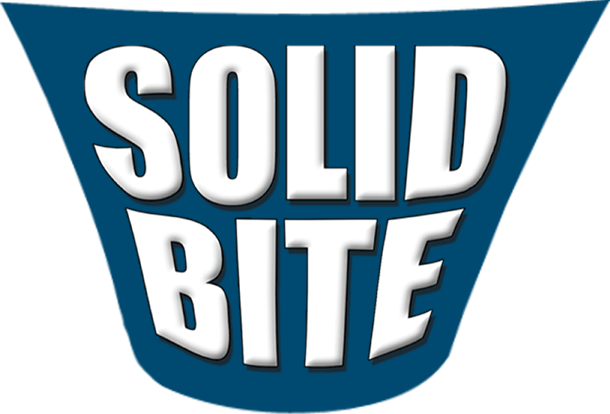But I Don’t Grind My Teeth
So a patient sits there in my chair. He’s a nice guy, says that he doesn’t have a problem. His teeth are just naturally short. “Really?”, I said. The height of a front tooth is supposed to be greater than its width. His teeth are badly worn and are wider than they are tall. Some are even a bit loose, but he doesn’t notice that.
Another patient comes in because she’s broken a front tooth. She is obviously upset. No one wants to walk around with a broken front tooth. How embarrassing. And she had spent so much time and money on that tooth. Now it’s broken and needs to be replaced with a dental implant.
A third patient comes into my office. She gets headaches all the time. I ask her what she means by “all the time.” She says that she wakes up with headaches and that they are along the side of her head and sometimes behind her eyes. She’s been told that she has “migraines” or maybe it’s her sinus.
And then there is that fourth patient. Boy is life miserable for him. The chewing surfaces of his teeth are sensitive. He didn’t have sensitivity as a child or in early adulthood, but as he’s aged, the teeth are more and more sensitive.
So what do these four patients have in common? They all suffer from the problem of bruxism, the continual grinding of their teeth. It’s not unusual. Many of us “brux,” whether we think we do or not. One problem is our perception of bruxism. We think that someone would hear a loud grinding noise when we brux. That might happen in babies and small children. But when adults brux, they often grind their teeth for a few seconds, then stop. And the sound that’s made is negligible. Others tell me that they snore and therefore, they couldn’t be bruxing. But the fact is that snorers are often bruxers too.
When you brux, your jaw muscles go into overdrive. The nerves that control those muscles continue to fire. If you were lifting weights for 15 minutes of every hour for eight hours a night, would your biceps be sore? Same holds true for your jaw muscles. Sore jaw muscles are innervated by the same nerve that causes headaches. So if your jaw muscles are working too hard, you may get a headache. And if you wake up with headaches, what do you think has caused them? What were you doing all night? That’s right, lifting weights with your jaw muscles.
How can you determine of you are a bruxer? Look in the mirror. Are the surfaces of your teeth flat? Can you see grooves on the chewing edges of your front or back teeth? Are you continually chipping teeth? Have you fractured teeth without any known cause? If so, you are a bruxer.
Fortunately, this is an easy problem to treat for most. Treatment starts with a plastic guard that is placed between the teeth. Your dentist can make that so that the forces from the bite are evenly distributed. Studies show that such an appliance reduces both the strength and the frequency of muscle contraction. Different appliances are made for different situations. And to answer the question, “Can I just buy one at the drug store,?” the answer is that a generic appliance cannot be adjusted and cannot direct your bite so that you minimize muscle contraction.
If you think you have a bruxism problem, talk to your dentist. Write down all your symptoms. Compare your teeth by looking at pictures of yourself from years ago. Getting bruxism treated appropriately can reduce not only headaches, but future dental expenses.
Lee N. Sheldon, DMD
Dr. Lee Sheldon does dental implant and periodontal therapy. His new book, The Ultimate Mouth Manual, may be found at all book outlets (also downloadable for free here).




